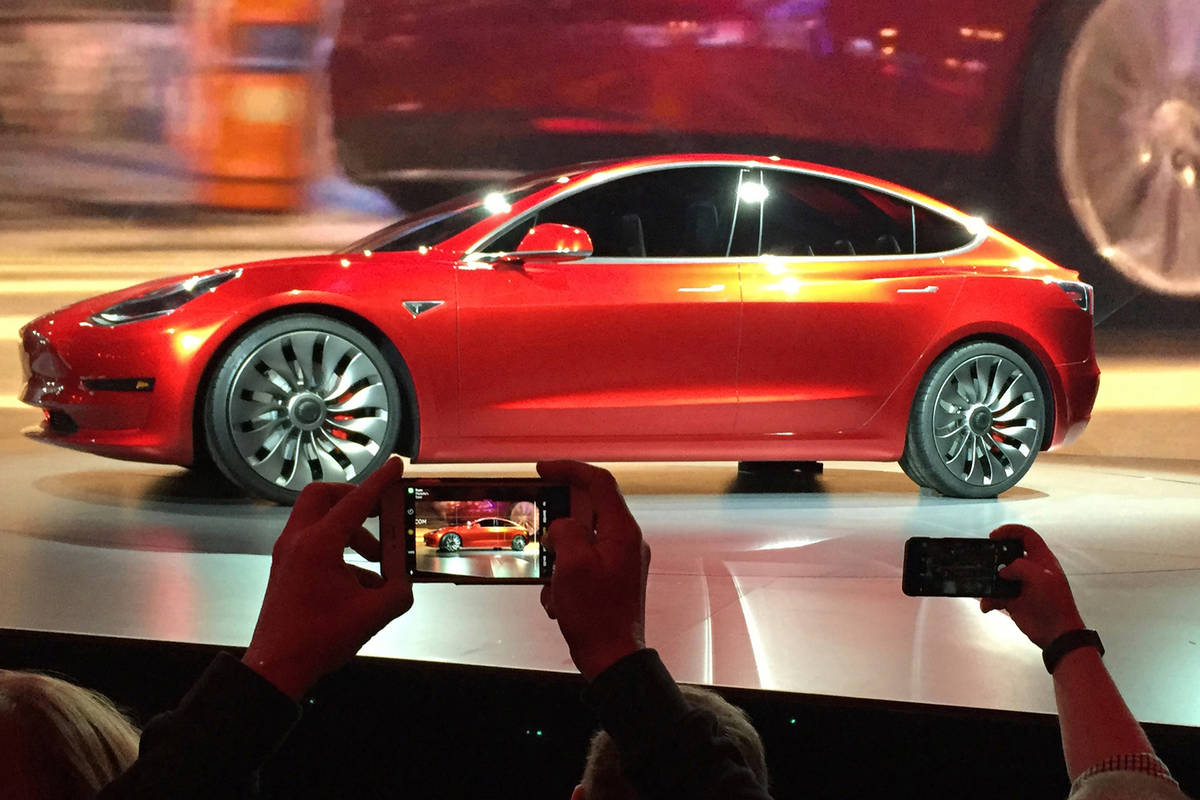EDITORIAL: State should resist calls for electric vehicle subsidies
The good folks at Consumer Reports perform a valuable public service with their comprehensive product reviews that help shoppers make smart choices. But their advocacy arm tends to be a cheerleader for an expansive Nanny State and tax handouts to favored constituencies.
On Tuesday, the group sent an open letter to Gov. Steve Sisolak urging him to “assist in the state’s economic recovery” by “electrifying Nevada’s transportation sector through consumer rebates and other financial incentives.” The state can lift up both consumers and businesses, the organization’s press release proclaims, by making “investments in the future of transportation (that) can deliver new jobs and economic activity.”
Hold on to your wallets any time you see a lobbying outfit clamor for public “investments,” which is a code word for “government spending” and “wealth redistribution.”
The CR agenda is based on the premise that there is massive untapped demand in Nevada for electric vehicles, so the state needs to prime the pump by offering tax subsidies to buyers and providing support for the infrastructure designed to promote such purchases.
“There are a lot of Nevadans interested in the advantages of owning an electric vehicle,” the release quotes CR policy analyst Alfred Artis as saying, “but consumers won’t be able to get those benefits without smart policies and investments from state leaders.”
In fact, if consumers want something, government rarely needs to act because the marketplace responds. And handouts to EV buyers — whether at the federal or state level — amount to subsidies for the wealthy at the expense of the middle class. Imposing such wasteful policies in Nevada would undermine, not promote, the state’s economic recovery. It’s also worth noting that the primary barrier discouraging many consumers from going electric isn’t the dearth of charging infrastructure but the limited battery range that restrains travel. That will be solved only by technological advancements, not more subsidies designed to advance green social engineering objectives.
Yes, there may be a role for the public sector in making infrastructure improvements to facilitate an increasing number of plug-ins on the highways. But it will ultimately be the private sector that will most efficiently provide the products and other necessities required to complete any transition.
Electric vehicles may indeed be the future. Automakers are racing to develop the technology that will make plug-ins more accessible to consumers who want them. But at this point, EVs account for fewer than 4 percent of new sales. That suggests CR’s assessment of consumer demand is more wishful thinking than reality at this point. After all, if EVs were flying off showroom floors, you wouldn’t need to bribe buyers to purchase them.






















